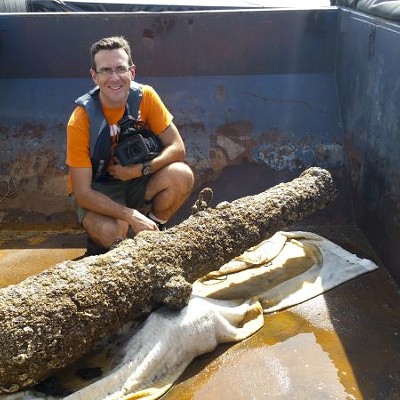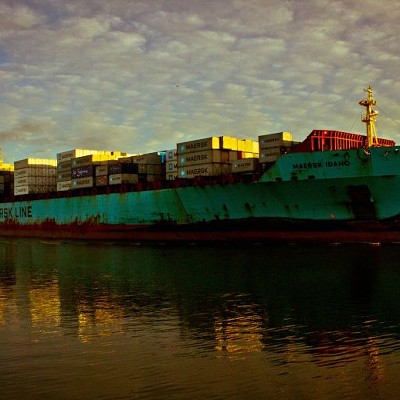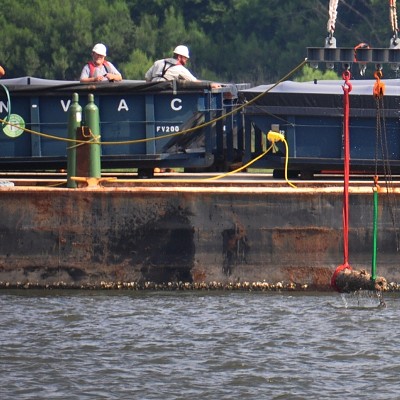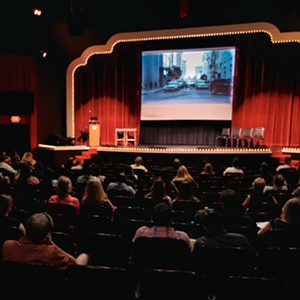The debate isn't over on Savannah River deepening
Editor,
I appreciate Jessica Leigh Lebos' lively and engaging coverage of harbor deepening.
Many Connect readers may have heard of the Center for a Sustainable Coast, but I'm not sure how much they know about our long-established commentary on and opposition to the Savannah harbor-expansion project (SHEP).
Soon after we got started (June, 1997), the Center filed a lawsuit against the Corps in 1998 challenging the 'preliminary' Environmental Impact Statement (EIS) on the deepening (called Tier I of the planning & review process).
Represented by Southern Environmental Law Center (SELC), our case centered on the issue of "multi-port analysis"—meaning that until the Corps compared the relative benefits and costs of deepening different ports serving the same multi-state regional markets, the public would have no way of knowing that (1) environmental risks/damage was minimized and (2) tax money would be used to maximize benefits for all.
A federal judge ruled that the case was premature but the question was legitimate. Until SELC entered into negotiations in South Carolina over the "comprehensive water quality settlement," we were staged to go into round 2 of the Multi-Port case.
But the settlement with S.C. preempted SELC and other parties of the agreement from taking any other actions opposing the SHEP project, so our case was left swinging in the wind.
Lacking a financial source to cover the enormous fees for an alternate legal representative, we had to walk away from it.
The Center staff and board agree that the multi-port issue is far more pivotal as a policy-setting question because it could determine the basis for deciding how all future Corps projects are done, saving billions in federal dollars and avoiding extensive harm to nature.
It should never have been jeopardized by the S.C. water-quality settlement, and was probably just incidental collateral damage. I believe the well-intended parties involved got into a corner and were ultimately coerced into an overly restrictive, legally-binding compromise.
I—along with Center board president Steve Willis (he's also affiliated with the coastal group of Sierra Club)—have published extensive commentary supporting the fact that Savannah is woefully unsuited to be a deepwater port.
There are better-suited ports in the Southeast that should be getting federal support instead—IF accommodating larger ships is even justified.
People who have been paying attention know that the Corps claims that SHEP's benefits are solely based on improved efficiency, since shipping on larger vessels costs less per ton of commerce.
They have NEVER said there would be more commerce because of deepening—unlike politicians who have misrepresented the $706 million project as a boon to job creation and Georgia's economy.
If no more goods will be shipped due to the deepening, how will the project create jobs and boost the economy?
I firmly believe this project is one of many in the tradition of pork-barrel politics, and in a world of rational decision-making this project would not exist.
And if multi-port assessment and other analytically pragmatic realities were mandated as requirements under federal law, Gov. Deal and his cronies wouldn't be able to get state funding support for the contracts now being awarded.
They may be fooling a lot of Georgians that SHEP will boost the economy, but objective analysis strongly suggests that the project is both fiscally and environmentally unjustified.
Mitigation costs are nearly half the project cost—hundreds of millions of expenses attempting to control or compensate for environmental damages—underscoring just how ill-suited this project is for its location.
With the recent decision giving the go-ahead on the state-funded part of the work, Georgia may find itself with an unfinished project that becomes a costly albatross as tribute to the pork-barrel politics that produced it.
As usual, taxpayers will be left holding the bag.
David Kyler
Executive Director
Center for a Sustainable Coast
























